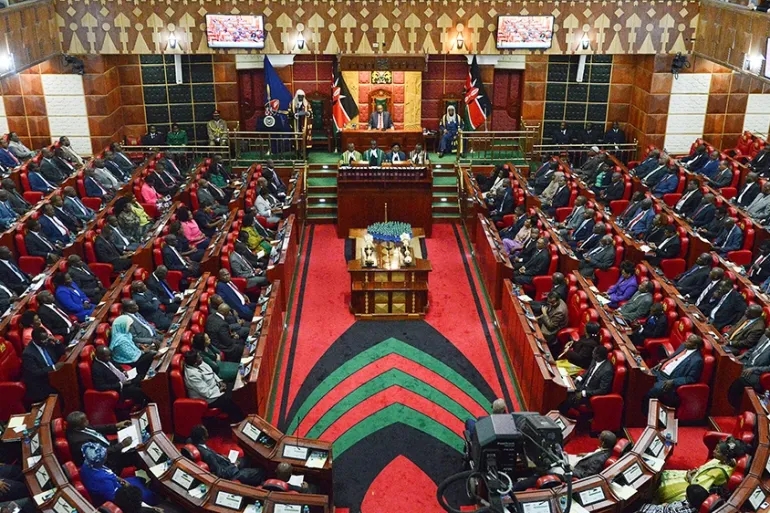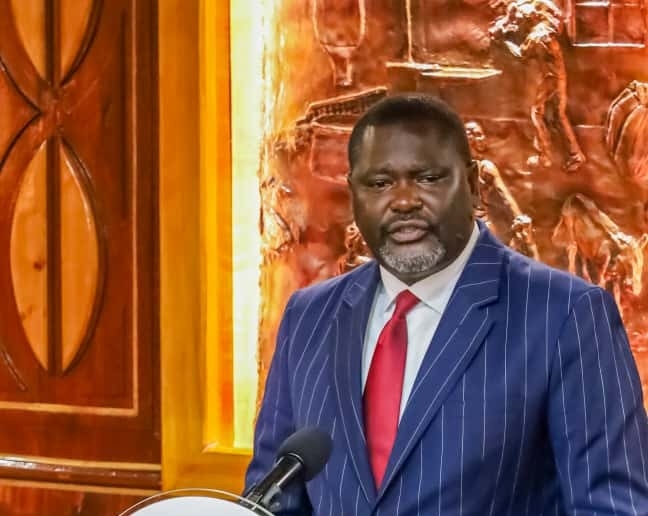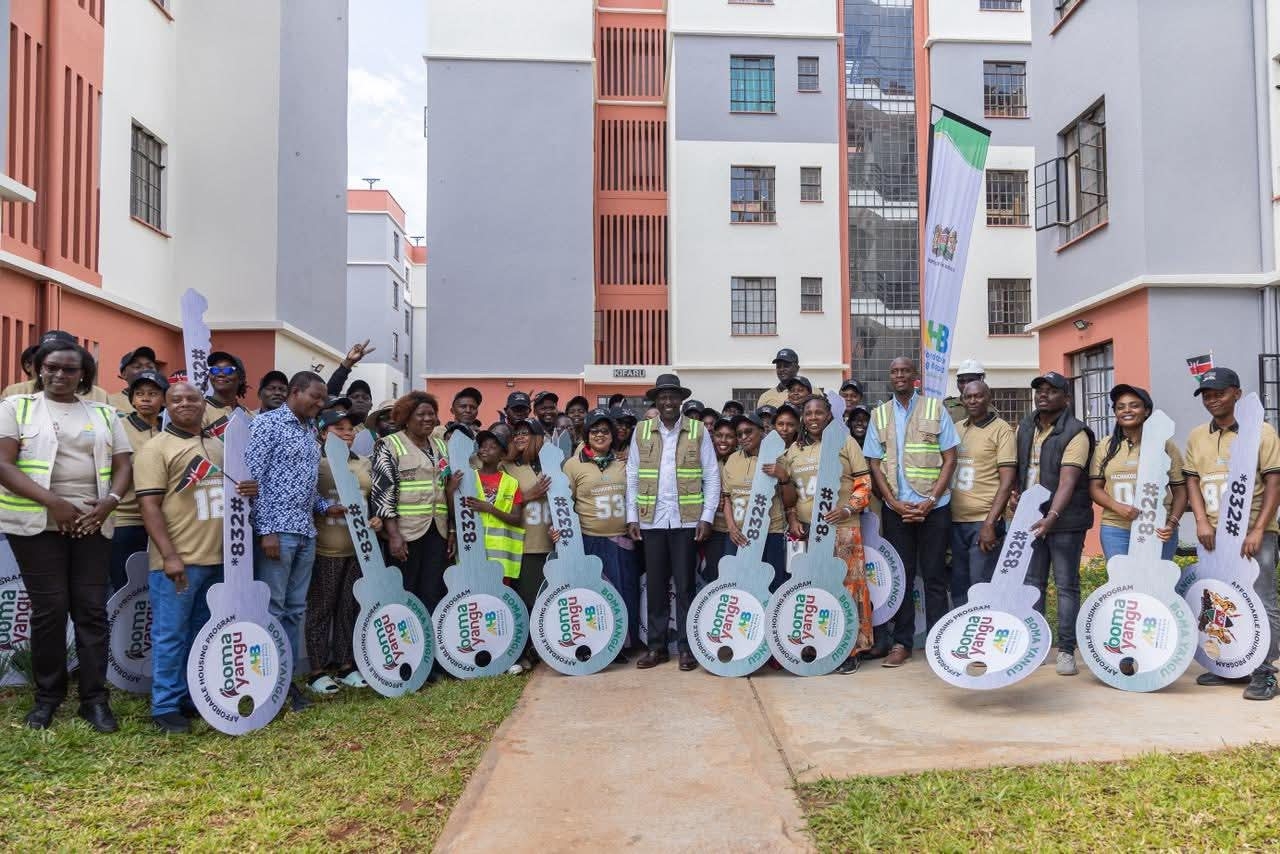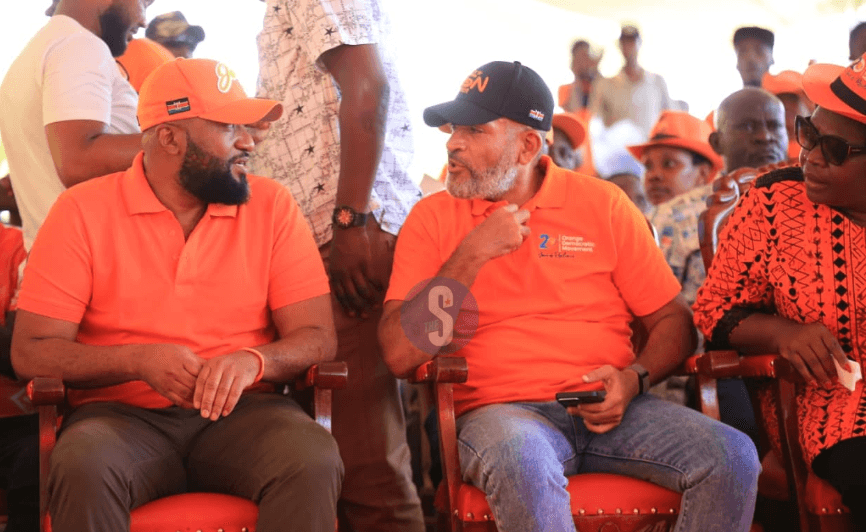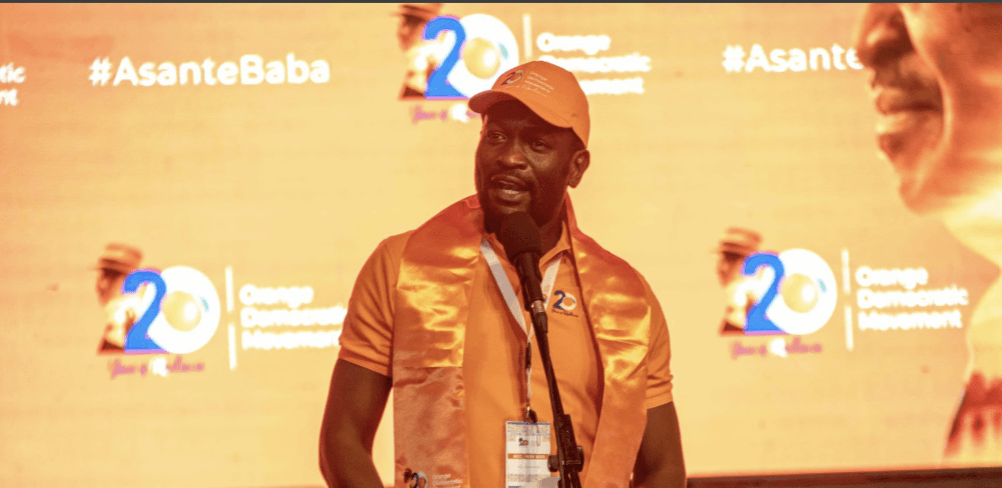The noise from Mt Kenya politicians on one man, one vote, one shilling as a basis for sharing revenue portends political fireworks lit earlier than expected.
Going by the Limuru III conference and the Deputy President's public pronouncements, drumbeats of early campaigns have been sounded across the nation.
It is indigestible that less than two years since the last election, the web of ugly politics played on the narrow corridors of blinkered interests and duplicity are brazenly playing out in the political agora.
I shudder at the thought that political expediencies have outweighed the implementation of the manifesto presented to us by the Kenya Kwanza administration. Politics is woven by local strings, but not perfected by them.
One could easily fathom that the one-man, one-shilling slogan looks sexist and against women. Our laws use the term 'person' and apply the pronouns 'he' or 'she' together in one sentence, in all the chapters and articles of the constitution.
Having weighed all the principles governing resource allocation, the framers of the 2010 constitution discarded the one-man, one-vote, one-shilling principle and settled on equitable share. The former had the potential to fuel sectional interests to the detriment of the nation as an indivisible whole and one united country.
In Article 203 of the constitution, it is obvious that its framers settled on a win-win framework which espouses the principles of equality, equity and affirmative action; which brings about regional balancing and shapes a resource allocation outcome that advances national unity, cohesion and a sense of belonging to everyone.
In sharing our national wealth, the constitution obliges us to consider "economic disparities within and among counties and the need to remedy them" and "the need for affirmative action in respect of disadvantaged areas or groups". Thus, the equitable share cures any inequalities in the counties.
Proponents of the man-vote-shilling mantra neither understand its implications for Kenya's future, nor decipher its long-term impact on the parts of Kenya they purport will benefit from it.
I dare say, the cliché lacks scientific principle and is bereft of scientific theory to support it. It is devoid of an economic model of any stature and there is no statistical data to prove it.
It is a mantra picked from casual banter and will fall flat when juxtaposed with the constitutional ideals and values upon which Kenya is founded.
Legally speaking, every part of Kenya is entitled to prosperity not alone or at the expense of other parts, but rather, as part of the whole. The destiny and success of Kenya are inextricably linked to the destiny and success of every region of the country.
It is worth postulating that statesmanship doesn’t come mounted on the horse of tribal agency but on the broadened shoulders of national interest and sobriety.
The unfinished task of building our economy calls for partnership, not separatist idealism. DP Gachagua should look at the whole of Kenya beyond Mt Kenya and desist from the localised banter of ‘one man, one vote, one shilling’ lest his political lifeline nosedive into the abyss.
Communication practitioner and social commentator








